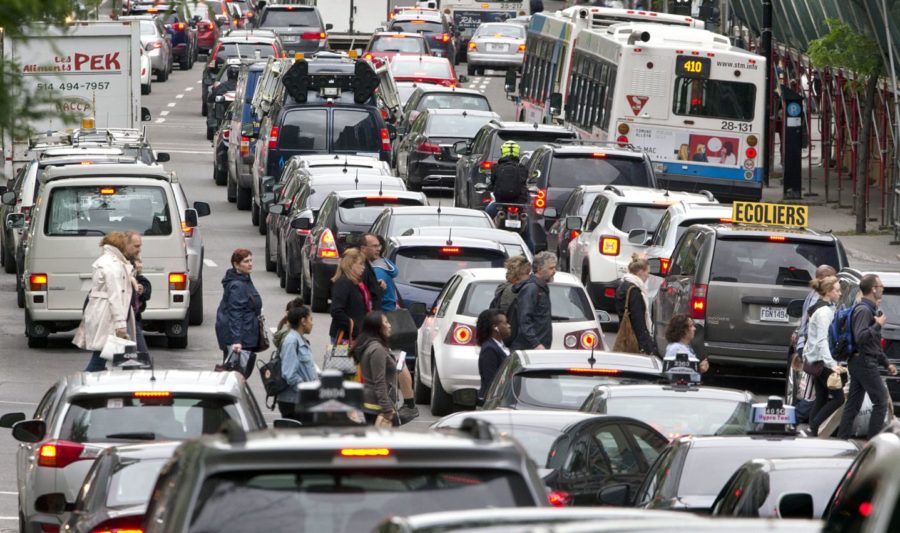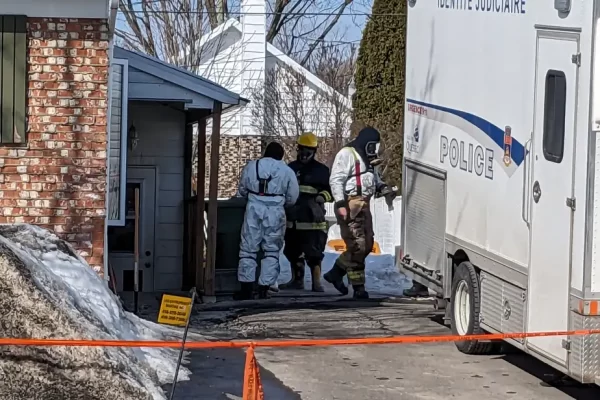Which transports are the least polluting?
April 21, 2021
Nowadays, we have several types of transportation which can be ecological or very polluting for our planet.
The polluting effects of transportation are multiple. The conveyance is the first emitter of greenhouse gases. For example, it contributes to climate change and landscape modifications. You might already know it, but it also creates air and water contamination. Plus, the outdoor air pollution is carcinogenic to humans.
For daily transport means, we have access to a few pollution-free options. If the distance is very short, you can opt for walking. Otherwise, cycling can reduce greenhouse gas emissions by 75%. « Using a bike instead of a car for short trips would reduce your travel emissions by ~75%. » according to the website Our World in Data. Also, the electric car has zero direct pollution emission. Finally, the bus is also a good option, because it can accommodate a lot of passengers at the same time.
For travelling over longer distances, there are a little less possibilities without pollution. The train reduces greenhouse gas emissions by around 80%.«Taking a train instead of a car for medium-length distances would cut your emissions by ~80%. Using a train instead of a domestic flight would reduce your emissions by ~84%.» according to the the website Our World in Data. The High-Speed Rail reduces air pollution and traffic congestion. If it’s a really short distance, you can choose to use a kayak or a sailboat.
There are a lot of very polluting ways to get about. The car is the most polluting transport on the Earth. For only two kilometers, the car emits 221 kilograms of co2. Then, an airplane liberates between 145 and 241 kilograms of co2 for a distance of 500 kilometers. The boat pollutes the air and liberates oil and waste in the oceans. Motorcycles are very polluting too.
Written by Coralie Vachon
Sources: EkWateur, Congres-atecits, Our World in Data, Energy.gov













